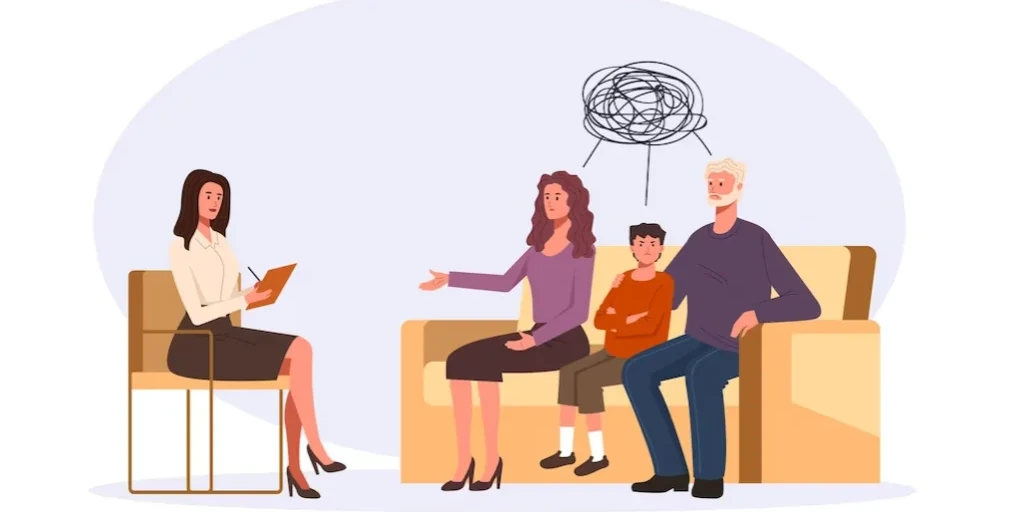24/7 Helpline:
(866) 899-221924/7 Helpline:
(866) 899-2219
Learn more about Ecstasy Rehab centers in Westmorland
Ecstasy Rehab in Other Cities

Other Insurance Options

Regence

UMR

Sutter
Beacon

Cigna

Self-pay options

MHNNet Behavioral Health

Holman Group

Covered California

Premera

Oxford

Access to Recovery (ATR) Voucher

Multiplan

Anthem

Ambetter

Health Choice

Health Net

Amerigroup

Magellan

Private insurance








Imperial County Behavioral Health Services – Adult Outpatient
Imperial County Behavioral Health Services - Adult Outpatient provides a wide array of services for ...

Imperial County Behavioral Health Services – Children Outpatient
Imperial County Behavioral Health Services - Children Outpatient is committed to serving children an...

Imperial County Behavioral Health Services – MHSA Programs
Imperial County Behavioral Health Services - MHSA Programs provides children and adolescents with th...


































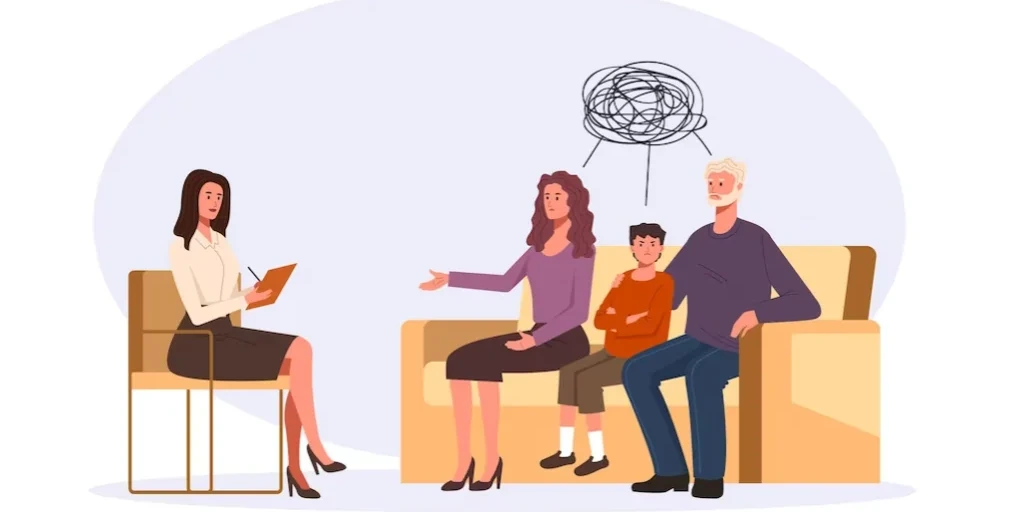
























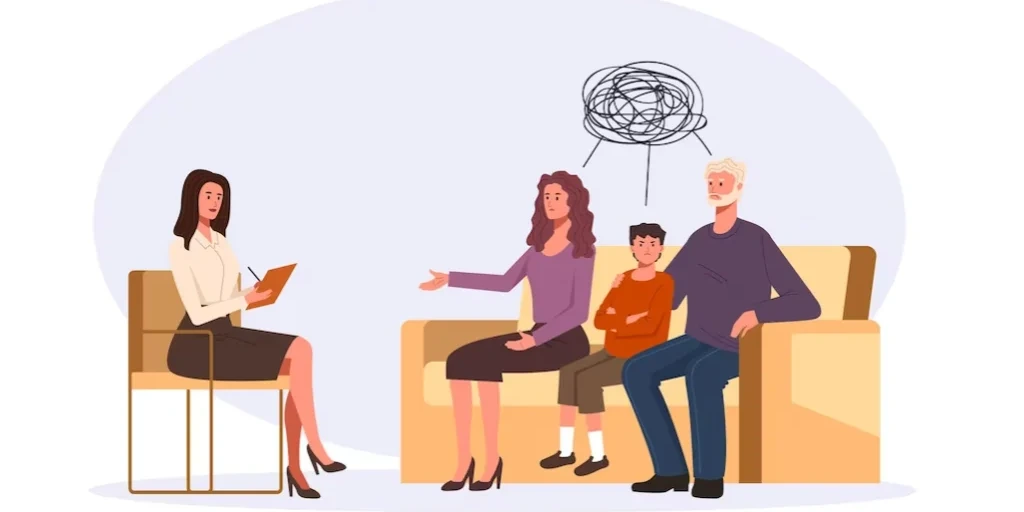

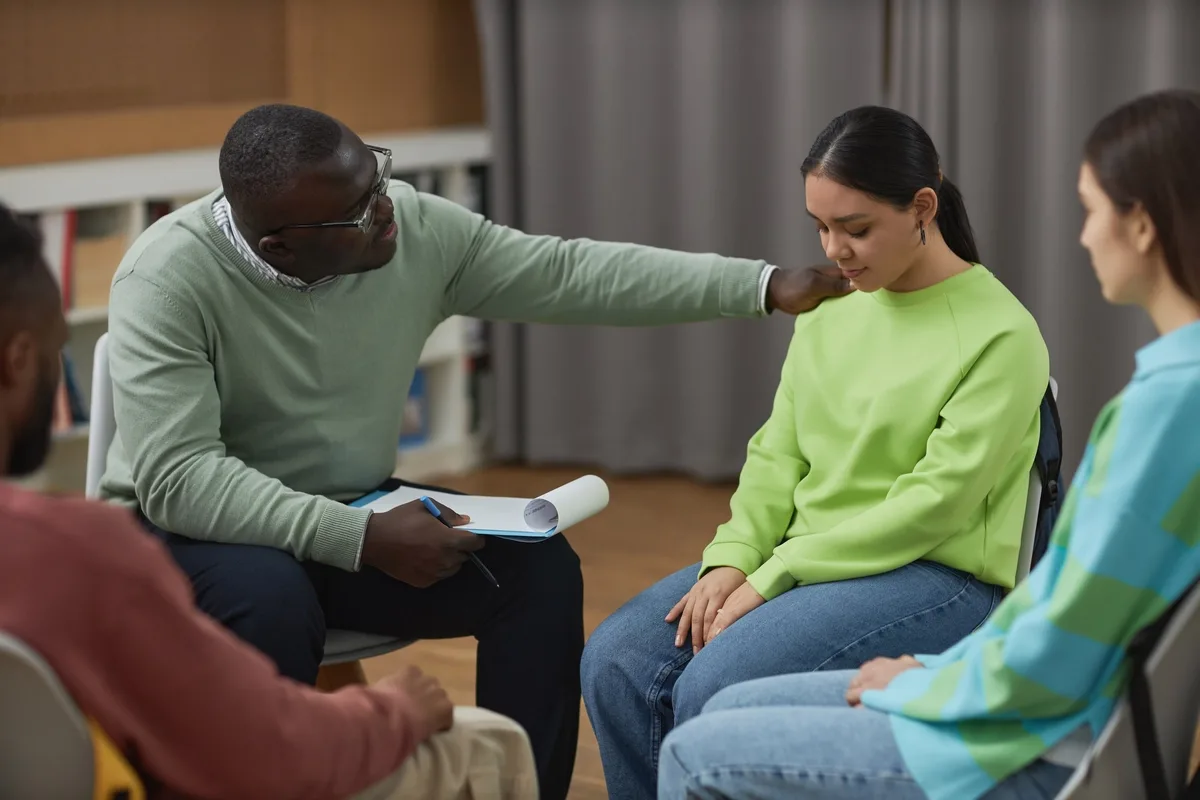









Quechan Indian Tribe – Alcohol Drug Abuse Prevention
Quechan Indian Tribe provides education and treatment to youth between 12-18 years of age through it...

Imperial County Behavioral Health Services – Adolescent & Adult
Imperial County Behavioral Health Services - Adolescent & Adult provides services to youth ages 12-2...

Action Rehabilitation Centers
Action Rehabilitation Centers is a private rehab located in El Centro, California. Action Rehabilita...

Sober Roads
Sober Roads is a counseling office offering substance abuse treatment including individual and group...

Turning Point Men’s Home
Turning Point Men’s Home is a private rehab located in Holtville, California. Turning Point Men’s Ho...

Imperial County Behavioral Health Services – Children Outpatient
Imperial County Behavioral Health Services - Children Outpatient is committed to serving children an...
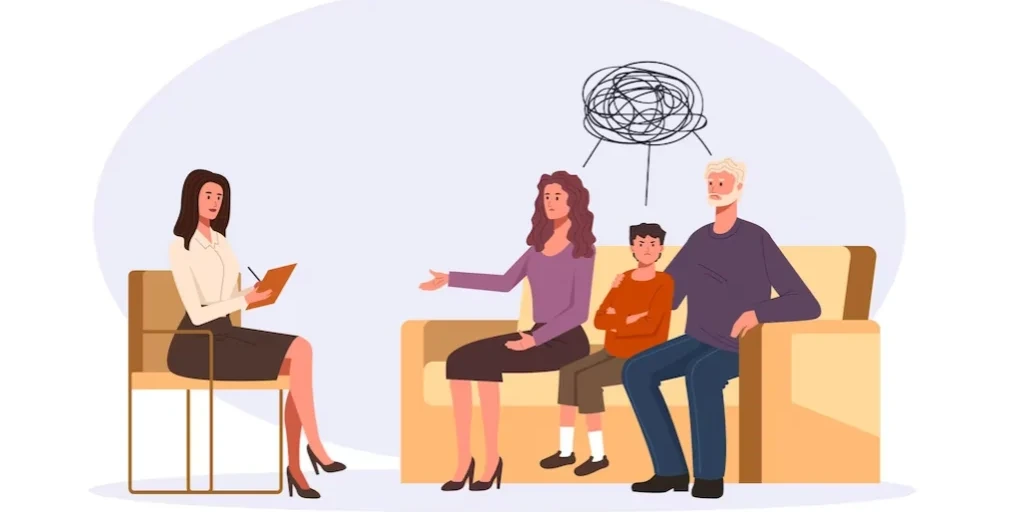
Imperial County Behavioral Health Services – Anxiety & Depression – Brawley
Imperial County Behavioral Health Services - Anxiety & Depression provides services to individuals d...

Imperial County Behavioral Health Services – Children Outpatient
Imperial County Behavioral Health Services - Children Outpatient is committed to serving children an...

Imperial County Behavioral Health Services – FRC
Imperial County Behavioral Health Services - FRC is committed to serving children and adolescents wi...

Imperial County Behavioral Health Services – RCP Outpatient
Imperial County Behavioral Health Services - RCP Outpatient provides services to individuals diagnos...

Imperial County Behavioral Health Services – Anxiety & Depression – El Centro
Imperial County Behavioral Health Services - Anxiety & Depression provides services to individuals d...

Imperial County Behavioral Health Services – Anxiety & Depression – Calexico
Imperial County Behavioral Health Services - Anxiety & Depression provides services to individuals d...

AA – Alcoholics Anonymous
AA – Alcoholics Anonymous is a non-profit rehab located in Imperial, Missouri. AA – Alcoholics Anony...



































































































































